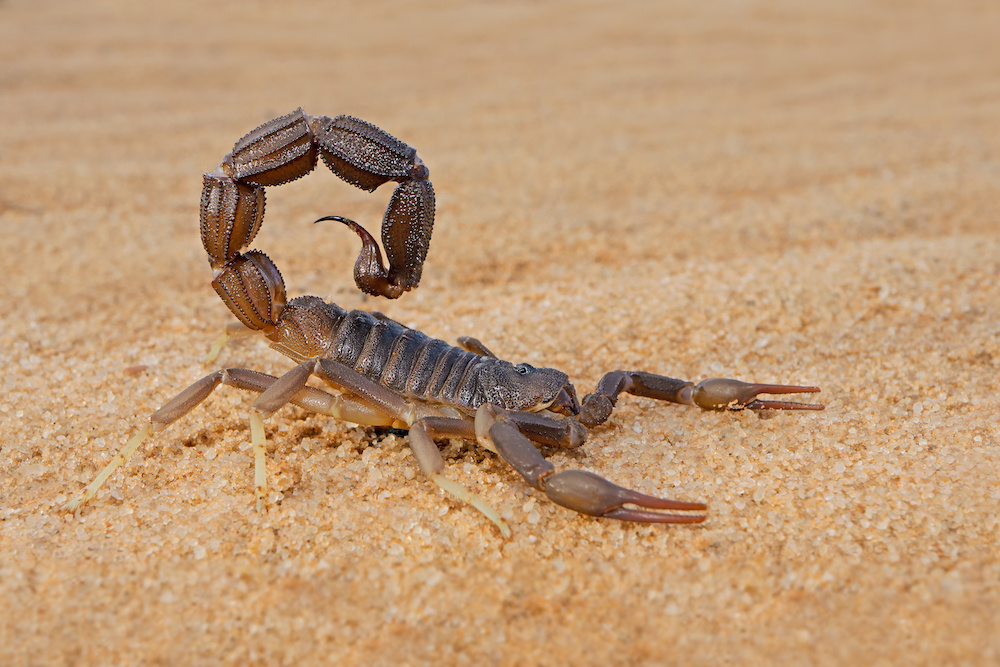Nobody wants to wake up to an uninvited guest in their bed, especially if it’s the kind with pincers and a stinger.
It sounds unsettling (a nightmare scenario), but if you live in Arizona, it’s not as far-fetched as it sounds. Scorpions are native to desert regions, where they thrive in the arid climate—and unfortunately, your warm, cozy bedroom is as inviting to them as it is to you.
Scorpions are masters of stealth, which makes them particularly adept at creeping into places they don’t belong—your bedroom is no exception.
Across Arizona, from Phoenix to Mesa, people shiver at the thought of the infamous bark scorpion lurking under the covers.
But here’s the deal—a scorpion in your bed is more than just the stuff of nightmares; it’s also a health hazard. Their sting isn’t something to brush off, ranging from localized pain to severe medical concerns.
In this post, we’ll tell you how to prevent scorpions from getting in your bed so you can finally enjoy a good night’s sleep.
How to Keep Scorpions Out of Your House
Think of your home as your fortress. Any gaps or cracks are weak points for tiny invaders to exploit. Scorpions don’t need a grand entrance or an invitation to make their move—your home’s doors, windows, and walls are full of potential gateways. It’s your job to seal them off.
Start with your doors. Scorpions can fit through shockingly small spaces, so if there’s daylight visible under your door, consider it an open invitation. Make sure all doors—especially the one leading into your bedroom—are properly weather-stripped. Check for gaps between the frame and door that could double as a scorpion highway.
Next, focus on the windows. Inspect the seals around the edges and reinforce them if needed. Don’t overlook your screens—they should be free of tears or holes because even the smallest breach can grant access to your unwanted guest.
Finally, inspect exterior walls for cracks and crevices. These might not seem like obvious entry points, but scorpions think otherwise. Caulk them up, and you’ve just cut off another route into your home.
And if you’re too pressed for time to go on a scorpion-proofing spree, this is where we step in. At Green Magic, we know all their tricks and can identify the sneaky spots they love. We’ll make sure your home is sealed tight, giving you that extra layer of protection exactly where it counts.
Declutter Your Space
If there’s one thing scorpions love, it’s hiding. They’re nocturnal, lying low during the day in dark, cluttered spaces, only to emerge under the cover of night.
The result? That messy pile of laundry on the floor or stacks of shoe boxes in the corner might look harmless, but to a scorpion, they’re prime real estate, giving them a hiding spot during the day so they can emerge to explore at night.
Your decluttering mission should start outdoors. Scorpions are drawn to piles of wood, rocks, and debris. Got a stack of firewood near your home? Time to relocate it—preferably further from your walls. The same goes for any stacks of rocks or unruly vegetation near your foundation.
Inside, it’s all about creating a clean, clutter-free environment. Keep your bedroom floor tidy—no piles of shoes, papers, or rogue socks. Dust and vacuum regularly to eliminate any inviting nooks or crannies. Scorpions are opportunists, and reducing their hiding spots means they’ll skip the invitation to your personal space.
From garages to basements, we at Green Magic have seen it all, and we can help you identify hiding spots and show you how to prevent scorpions from getting in your bed through the simple act of decluttering.
Turn the Lights On
Here’s a somewhat creepy fact about scorpions—they glow under ultraviolet light. This ups the creepy factor a bit, but it can also help you spot scorpions before they spot you.
Armed with a UV flashlight, you can inspect your bedroom (and the rest of your home) to catch glowing evidence of their presence.
Use the UV test strategically. Check under furniture, along baseboards, in corners, and anywhere dark and secluded.
If you spot one, resist the urge to handle it solo. Scorpions are resilient and often travel in packs, so seeing one could mean others are nearby. That’s where professional pest experts like us step in to assess the full scope of the problem.
Barrier Treatments Are Your Best Friend
Sometimes, the only way to stop scorpions from crossing their boundaries is to reinforce yours. That’s where professional-grade barrier treatments come into play. At Green Magic, we apply a targeted approach to fortify the perimeter of your home, stopping scorpions in their tracks before they even get near your bed.
Our treatments aren’t just effective—they’re designed with your safety in mind. We use products that are environmentally friendly and powerful against pests but safe for your family and pets.
Sleep Easy With Green Magic
At Green Magic, we’re not just your average pest control company—we’re your neighbors, your fellow Arizonans, and your go-to experts when it comes to scorpion control. We’ve battled these critters across Chandler, Mesa, Phoenix, and the surrounding Valley for years, so we know what works and what doesn’t.
Our methods are tailored to desert living, using proven techniques to keep scorpions far away from your home. Whether it’s inspecting and sealing entry points, treating your property with precision, or offering decluttering advice that actually makes a difference, we’ve got you covered.
Maybe you’ve tried the DIY solutions and they’ve fallen short. Or maybe you’re just tired of waking up with one eye open, wondering if tonight’s the night a scorpion makes its way into your bed. Whatever the case, we’re here to help.
Your bedroom should be a sanctuary. And if you want to know how to prevent scorpions from getting in your bed so you can finally enjoy a good night’s sleep, Green Magic is the name to know. Between our expert services, tailored solutions, and years of know-how, we’re dedicated to giving you and your family the restful nights you deserve.
Don’t wait until scorpions start keeping you awake. Scorpions might be part of life in Arizona, but they don’t need to be part of your home. Call Green Magic Pest Control today to schedule your consultation—and reclaim your bedroom (and your sanity) once and for all.

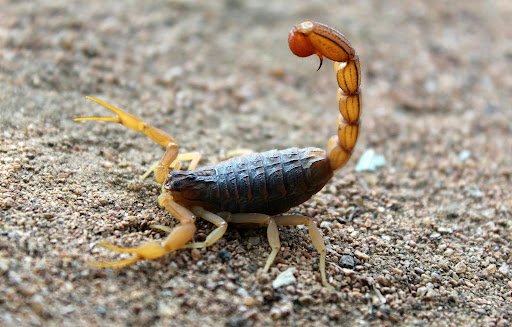
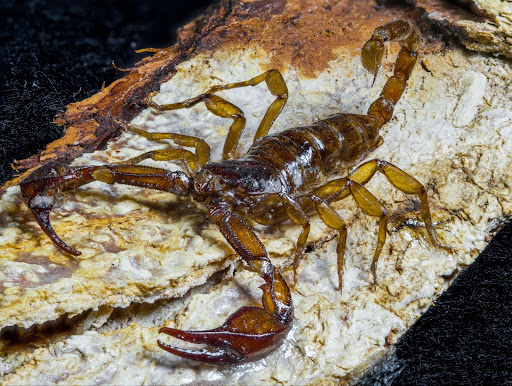
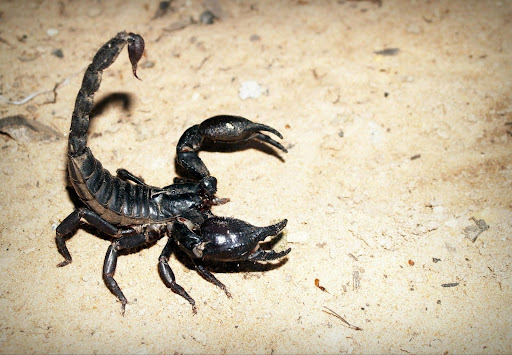

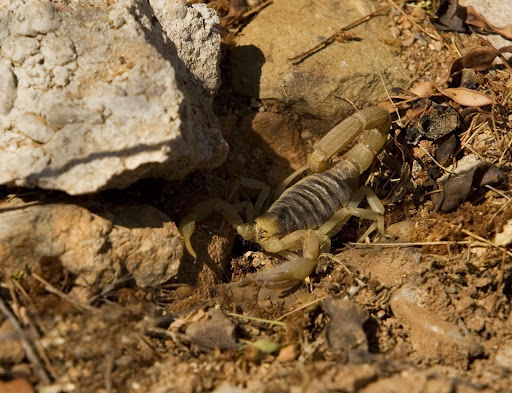
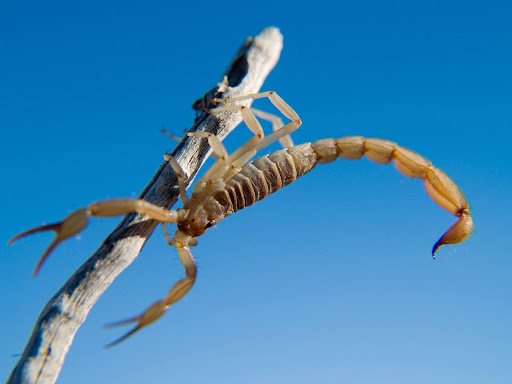
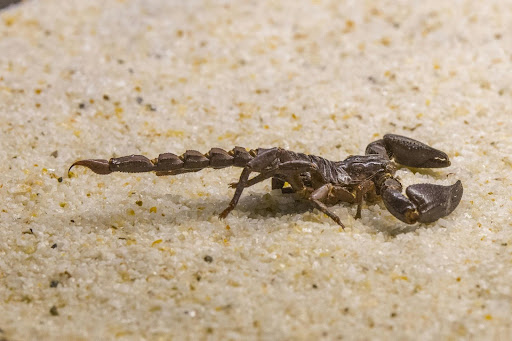
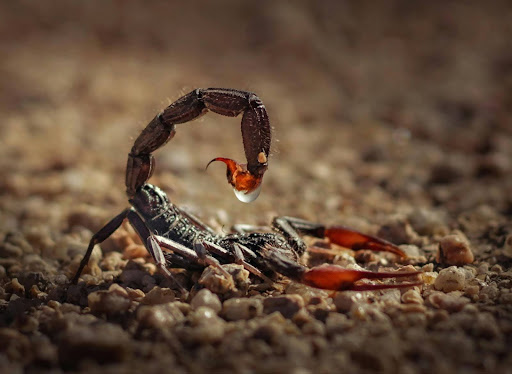

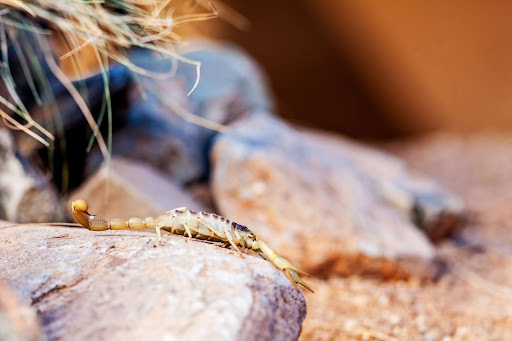
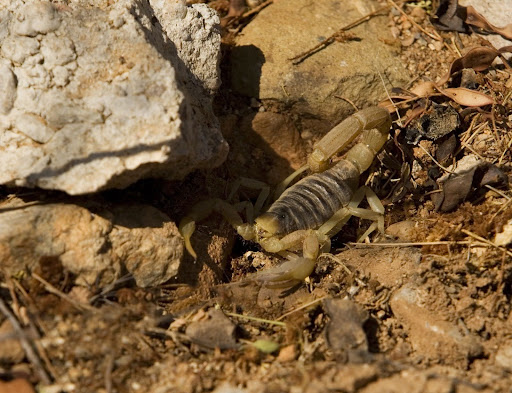
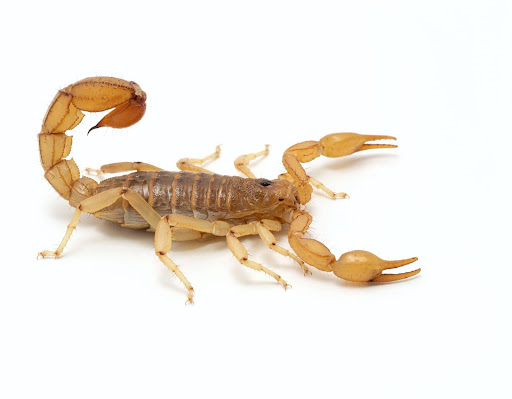







 Meet the Arizona Bark Scorpion
Meet the Arizona Bark Scorpion Preventing Scorpion Infestations
Preventing Scorpion Infestations Understanding Arizona’s Scorpions
Understanding Arizona’s Scorpions How to Scorpion-Proof Your Home
How to Scorpion-Proof Your Home Yard Maintenance for Scorpion Control
Yard Maintenance for Scorpion Control